14 Major Movies That Were ALMOST Directed by Steven Spielberg
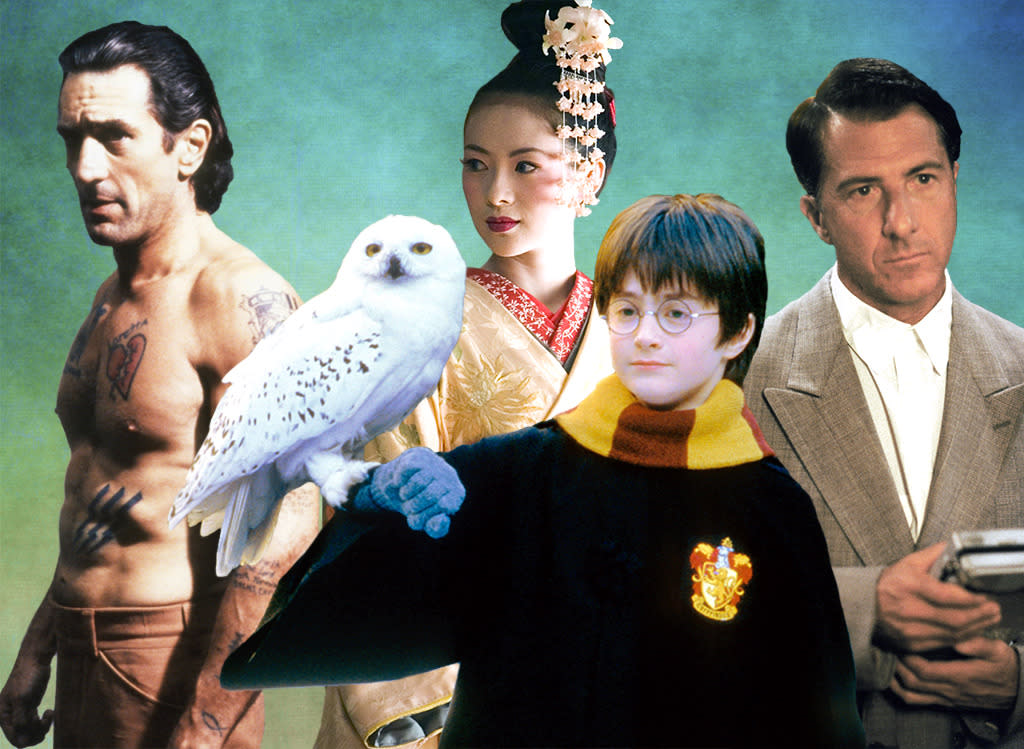
Next month’s Bridge of Spies is Steven Spielberg’s 29th theatrical feature to date, and while his body of work stands toe-to-toe with any other in cinema history, it’s also notable for the films it doesn’t feature. As America’s foremost director for the last four decades, Spielberg has had his hand in jump-starting and developing innumerable projects.
Some of those films were always intended to be producing-only ventures – think Gremlins, The Goonies, Back to the Future, and *batteries not included. But many more were initially going to be Spielberg directorial efforts before, for various reasons, he either shelved them or passed them on to other filmmakers. It’s a rather illustrious group, the most promising of which we’ve compiled here as Spielberg’s could-have-been classics.
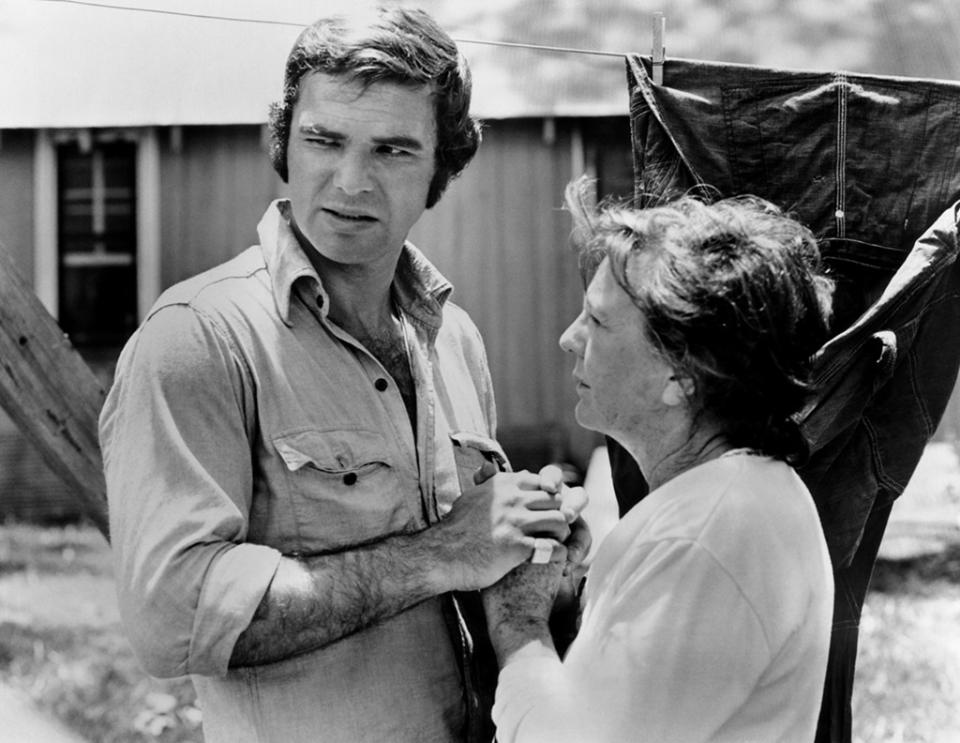
White Lightning (1973)
For his maiden feature, Spielberg was approached to helm the 1973 Burt Reynolds gem White Lightning and was intrigued enough that he met with Reynolds, began the casting process, and started scouting for locations. Before production could commence, however, the director bailed out in favor of 1974’s The Sugarland Express, primarily because he felt that it was a more personal project than the Reynolds vehicle – which, he feared, might pigeonhole him as more of a journeyman craftsman than a distinctive auteur.
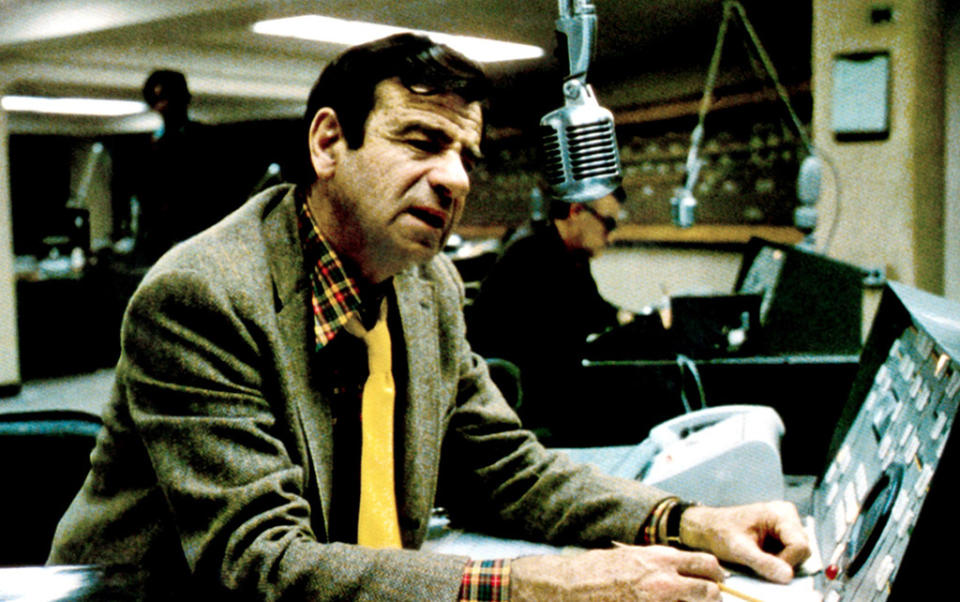
The Taking of Pelham One Two Three (1974)
After The Sugarland Express announced him as a prodigious talent, Spielberg considered adapting John Godey’s 1973 novel The Taking of Pelham One Two Three, about a crew of criminals who hijack a New York City subway train and take its passengers hostage. But United Artists’ head honcho David Picker had bigger ideas for Spielberg and convinced him to let Joseph Sargent do that film and instead dive into work on Jaws.
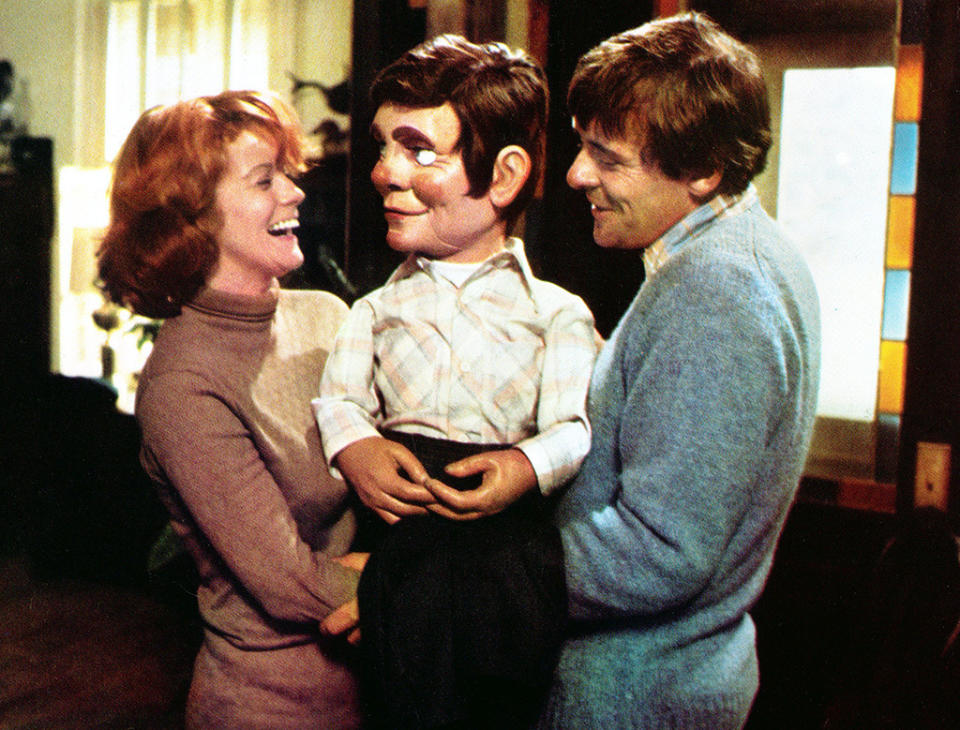
Magic (1978)
Spielberg’s interest in working with Robert De Niro dates back to the ‘70s, when the director became attracted to the idea of adapting William Goldman’s best-selling novel, about a ventriloquist with a twisted relationship to his wooden-puppet performing companion. Although he wanted De Niro for the lead role, Spielberg soon stepped aside and allowed Richard Attenborough to take the reins of the film, which would go on to star Anthony Hopkins in a standout performance.
Related: Every Steven Spielberg Movie Ranked from Worst to First
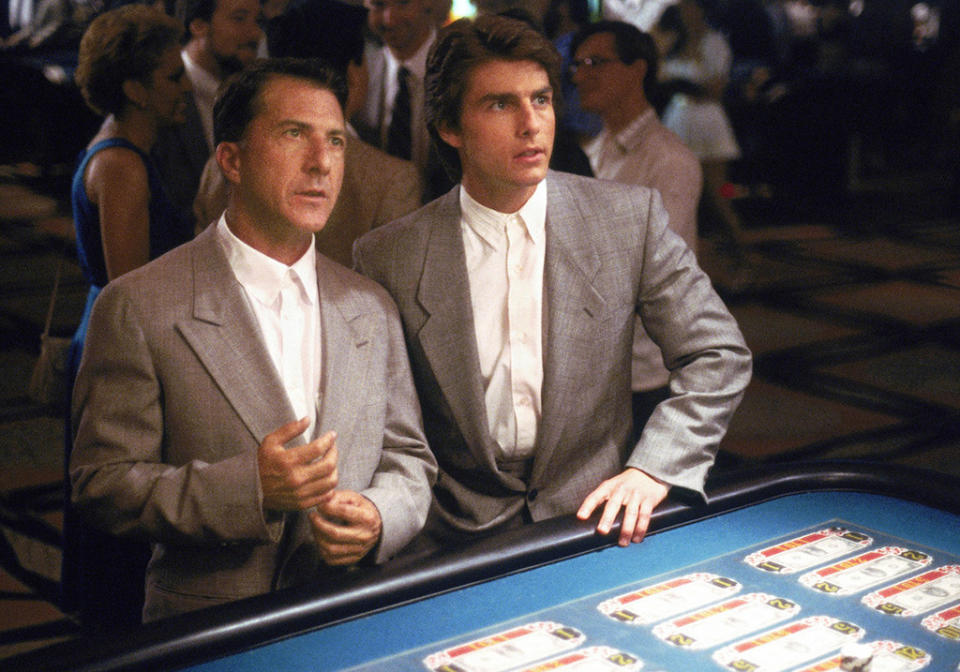
Rain Man (1988)
Spielberg was drawn to writers Barry Morrow and Ronald Bass’s story about a young hustler who takes his autistic-savant brother under his wing. But his commitments to Indiana Jones and the Last Crusade – and to his friendship with George Lucas – compelled him to let protégé Barry Levinson direct it in his stead. As he later stated in a 1990 BBC TV interview (while doing press for Always), Rain Man’s subsequent critical success and awards-season haul made his decision to abandon the film one of the biggest regrets of his early career.
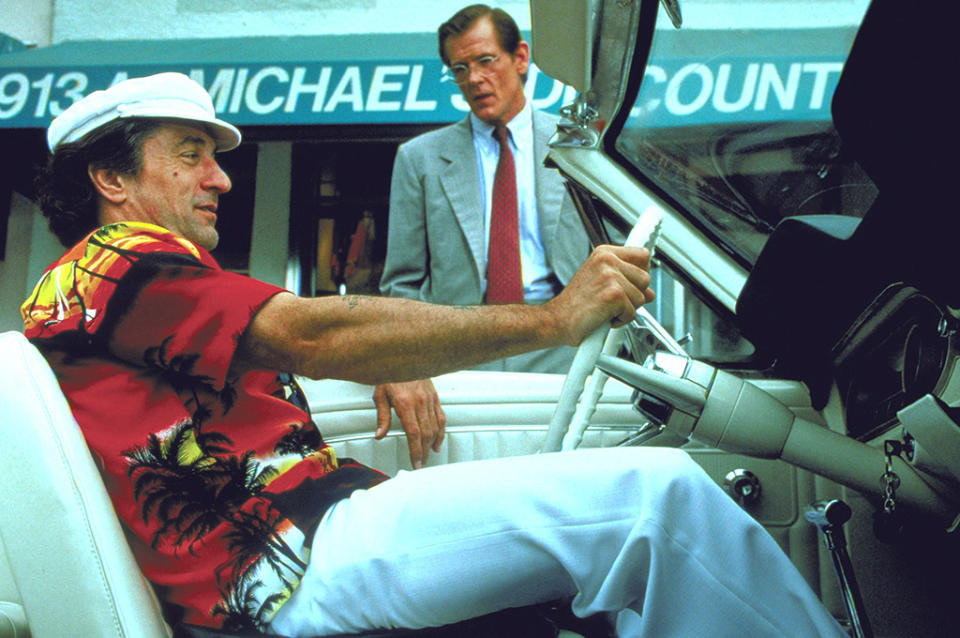
Cape Fear (1991)
J. Lee Thompson’s thriller proved prime remake material for Martin Scorsese and Robert De Niro. Yet that do-over was originally initiated by Spielberg, who at the same time was intent on producing a version of Schindler’s List spearheaded by Scorsese. After some time, the director decided that Cape Fear was too violent for his tastes and opted to make Schindler’s List himself, while letting the Raging Bull director team up with his favorite leading man again on Cape Fear – a director’s-chair flip-flopping that, in the end, turned out perfectly for both auteurs.
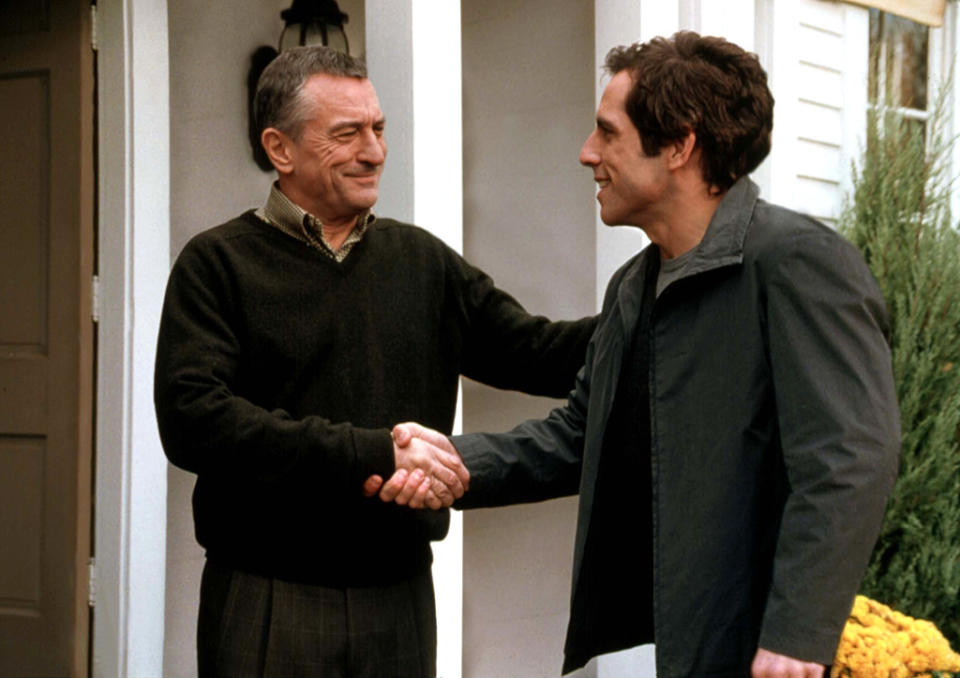
Meet the Parents (2000)
Jay Roach may have hit the jackpot with 2000’s Meet the Parents, but Universal originally turned him away because of Steven Spielberg’s interest in bringing it to the screen, with Jim Carrey as bumbling everyman Gaylord Focker (a role that ultimately became synonymous with Ben Stiller’s screen persona). Carrey, in fact, claims that he was the one who originally came up with the name, and concept behind, the “Fockers.” Following a brief dalliance with the project, both he and Spielberg declined to move forward with Parents, thereby allowing Roach to reenter the picture and take control of what would become the first in a trio of blockbusters.
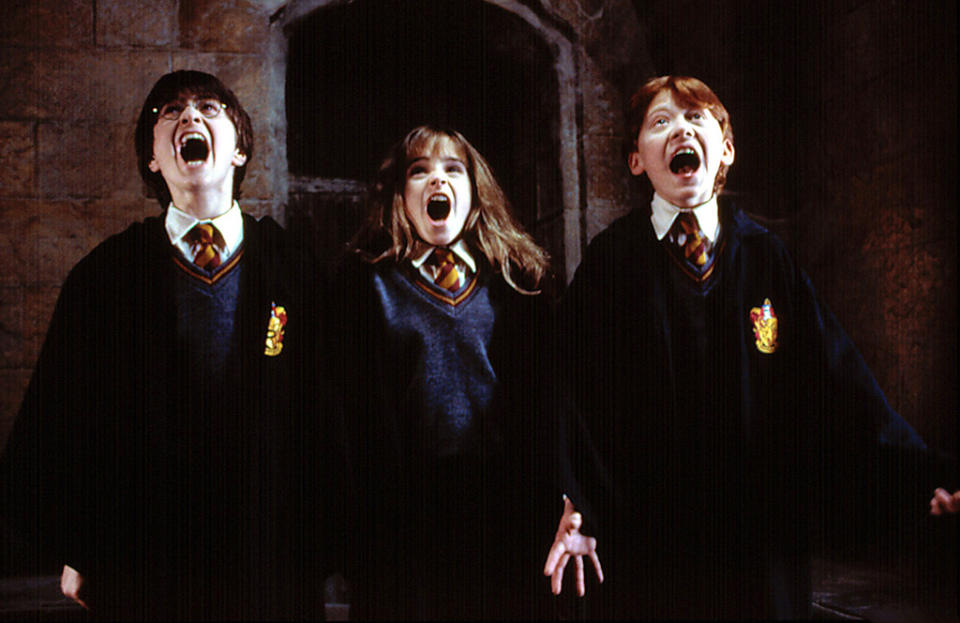
Harry Potter and the Sorcerer’s Stone (2001)
When Warner Bros. acquired the rights to J.K. Rowling’s children’s-lit series, virtually every director of note sought its director’s chair. Spielberg spent months developing his take on the material before eventually backing off, apparently because he didn’t feel a deep connection to the stories – and, moreover, because he felt like the project was too much of a financial “slam dunk” to pose much of a challenge. Whether it was for those reasons, or because Warner Bros. didn’t wholeheartedly embrace his ideas (which reportedly involved combining books and using animation), the first Harry Potter would finally be made by Christopher Columbus.
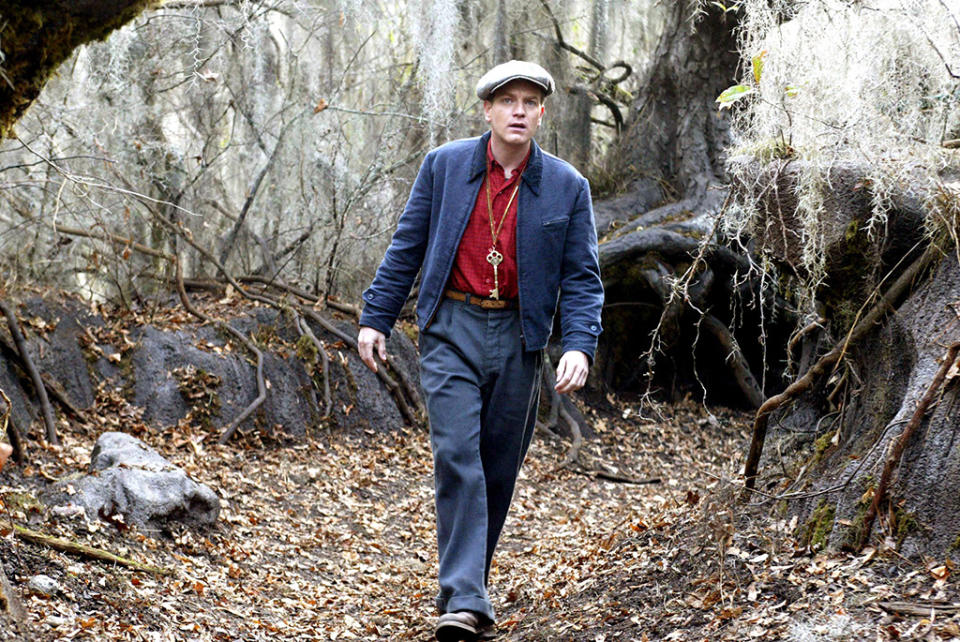
Big Fish (2003)
It’s no surprise that Spielberg was attracted to screenwriter John August’s adaptation of Daniel Wallace’s 1998 novel: Its focus on a young man’s attempts to reconcile with his father — a larger-than-life figure prone to telling outlandish tales about his youth — comfortably aligns with the director’s career-long preoccupation with fractured sibling-parent relationships. While he originally imagined casting Jack Nicholson in the paterfamilias role that eventually went to Albert Finney in Tim Burton’s adaptation, the director dropped out after he found himself preoccupied with both completing 2002’s Minority Report and getting things going on 2002’s Catch Me If You Can.
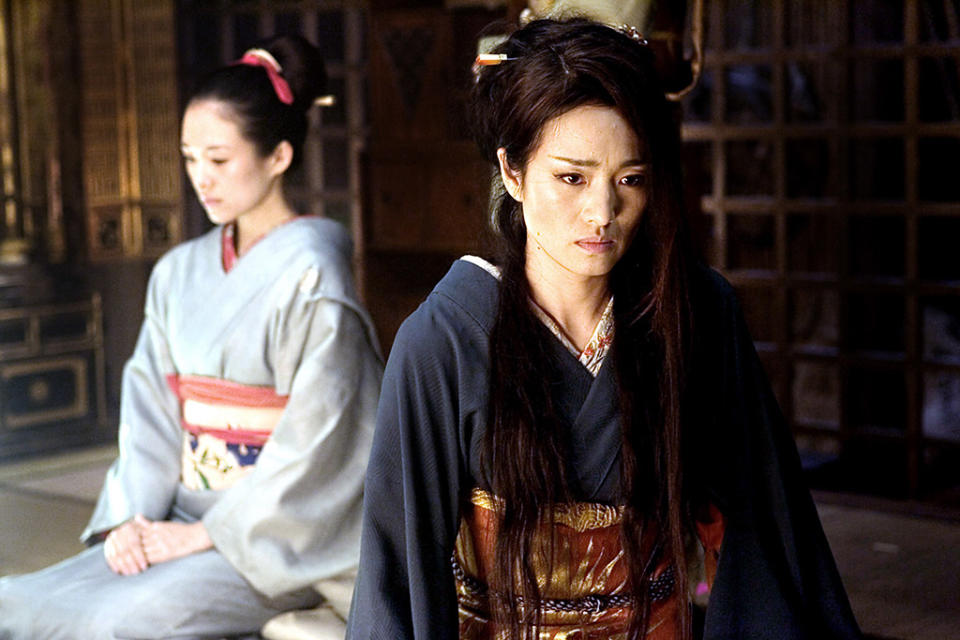
Memoirs of a Geisha (2005)
For years, Spielberg intended to make a film from Arthur Golden’s novel about a young girl sold by her family into indentured servitude working as a geisha. It was not to be. After years of planning – and even informally making it known that it would be his follow-up to Saving Private Ryan – the director finally gave up on that dream and chose to produce the movie with Rob Marshall directing. One possible reason for his change of heart: David Geffen’s belief that the director was “too good” for the material.
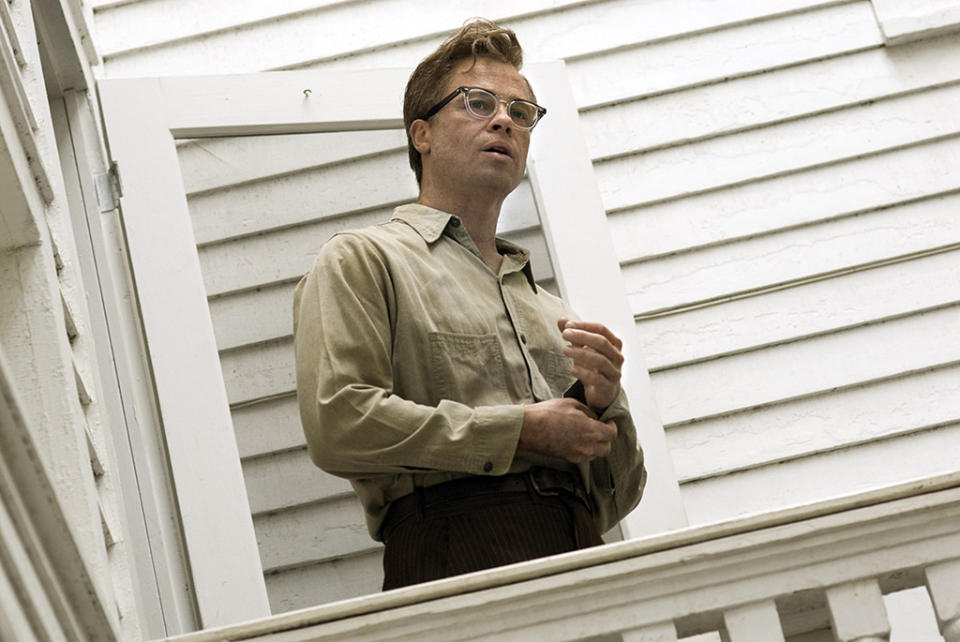
The Curious Case of Benjamin Button (2008)
Steven Spielberg and Tom Cruise paired up twice in the aughts, first for 2002’s Minority Report and then again for 2005’s War of the Worlds. Still, before those two sci-fi gems came to fruition, the duo put considerable effort into trying to realize their own version of The Curious Case of Benjamin Button. Once progress stalled, the two agreed that it simply wasn’t quite right for their sensibilities and moved on to more out-of-this-world slam-bang pastures – thus leaving the story of a man who ages backward in time to David Fincher, who in 2008 made the film with Brad Pitt.
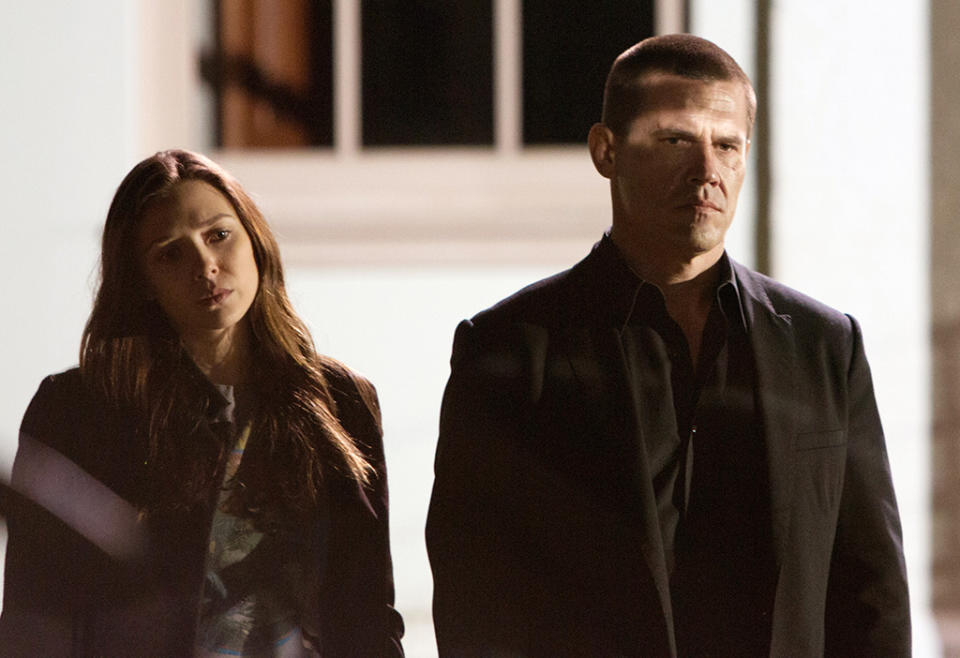
Oldboy (2013)
In 2009, Spielberg began talking with Will Smith about an adaptation of Oldboy that would hew closer to the original manga comic series than the 2003 South Korean cult hit. Things went south early on, though, when Dreamworks and Korean production outfit Mandate couldn’t adequately secure the rights to the property – a stumbling block that led Dreamworks (and, with it, Spielberg) to move on to greener pastures. It would be another four years before Oldboy got a proper domestic treatment, courtesy of Spike Lee and star James Brolin.
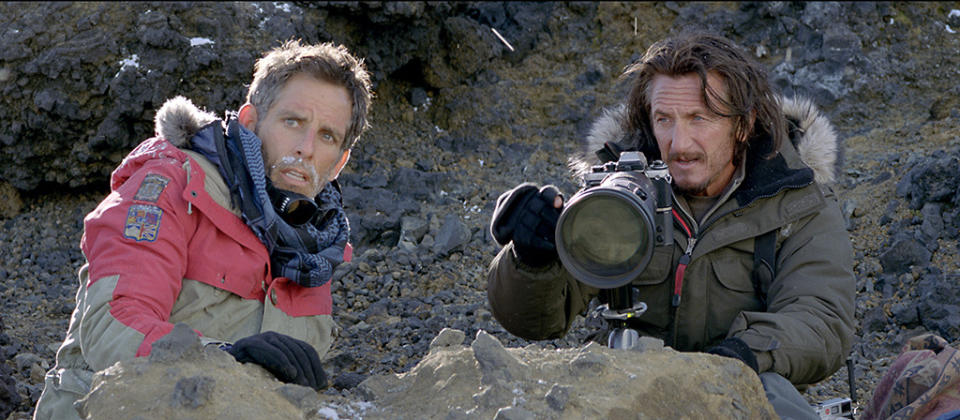
The Secret Life of Walter Mitty (2013)
Shortly after their plans to make Meet the Fockers fell apart, Spielberg and Jim Carrey again tried to kick-start a joint collaboration, this time on an updated adaptation of 1947’s The Secret Life of Walter Mitty. Unfortunately, their partnership was again not meant to be. Thanks to an unsatisfactory script that couldn’t be completed in time for Spielberg to begin production amidst his tight schedule, the idea was put on the back burner, and Spielberg chose instead to get started on 2005’s War of the Worlds with Tom Cruise.
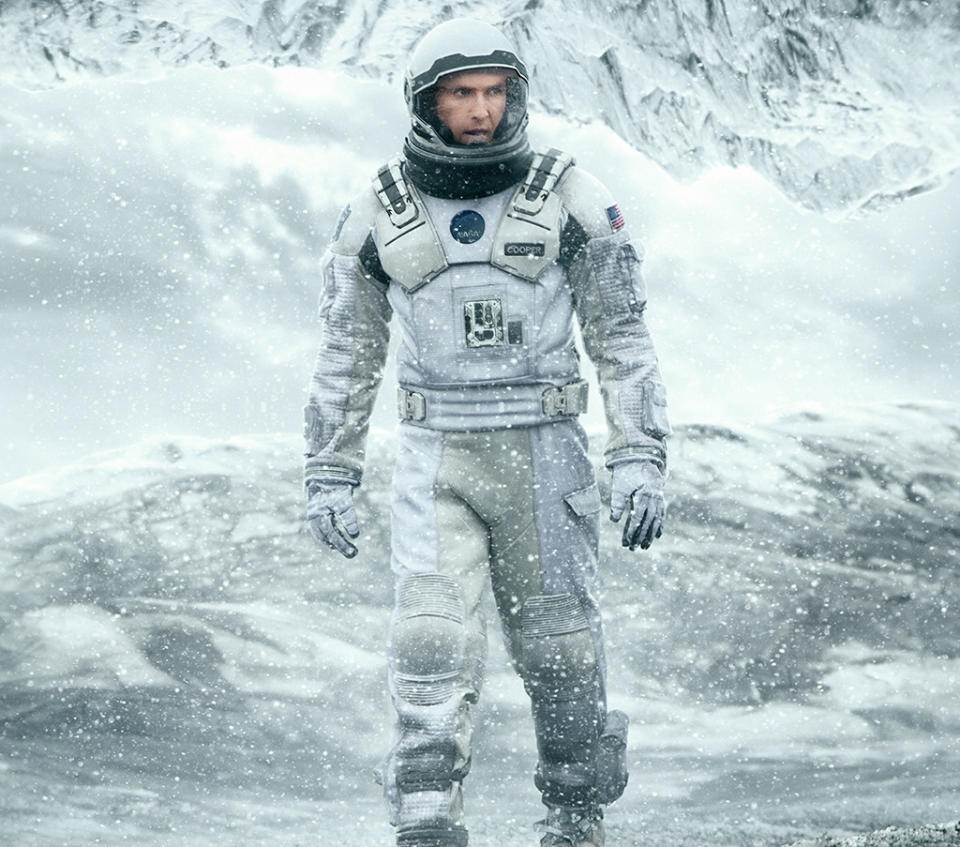
Interstellar (2014)
Though Interstellar marked Christopher Nolan’s first post-Dark Knight directorial outing, it actually began with Spielberg, who in 2006 commissioned Nolan’s brother (and writing partner) Jonathan to come up with a script that he would direct. However, when Spielberg moved his production company from Paramount to Disney in 2009, he left the project behind, thereby leaving the door open for Christopher to come in and make it his own – which he did, as evidenced by the fact that his substantial changes to the original screenplay helped earn him a co-writing credit on the finished product.
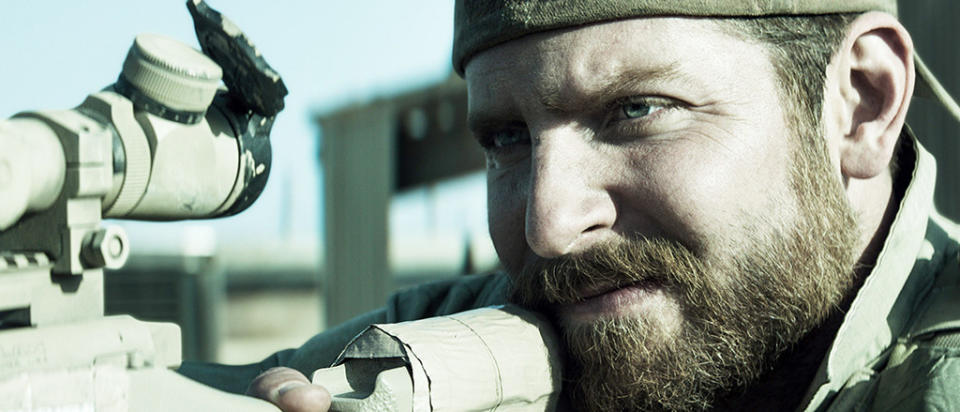
American Sniper (2014)
American Sniper was the biggest box-office hit of 2014, in the process confirming Bradley Cooper’s superstardom and reconfirming the directorial clout of Clint Eastwood. Yet it was Spielberg who first sought to bring legendary sniper Chris Kyle’s story to the screen. Alas, after committing to the film as his follow-up to Lincoln, and working to flesh out Jason Dean Hall’s script, Spielberg found himself with a saga that required far more than the $60 million budget allotted for the production by Warner Bros, causing him to jump ship – and allowing Eastwood to come aboard for what still stands as his most profitable directorial effort to date.

